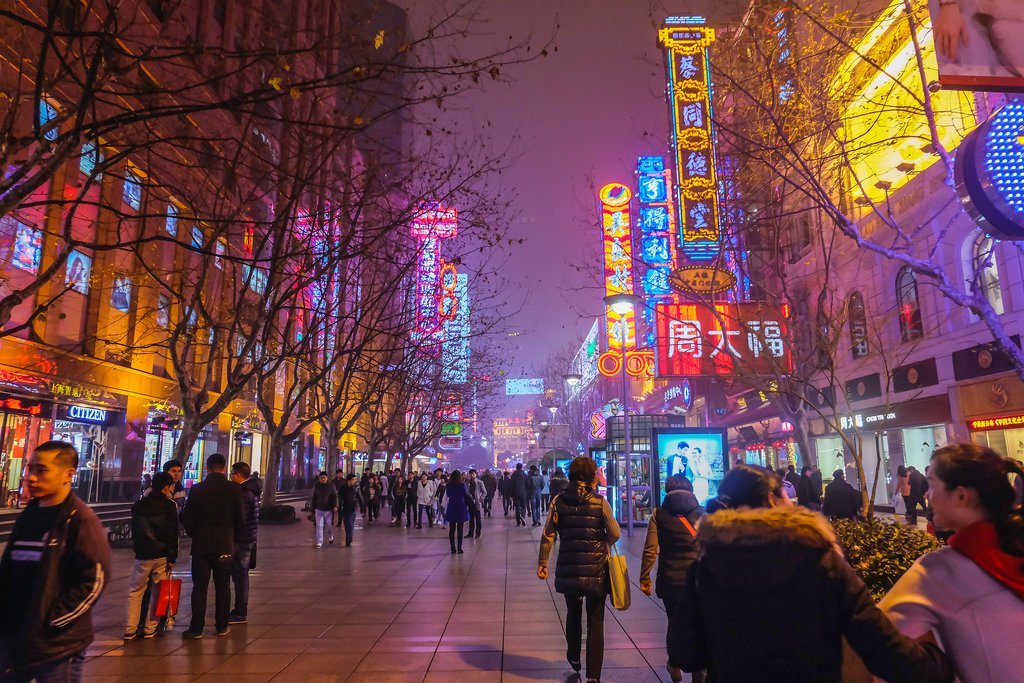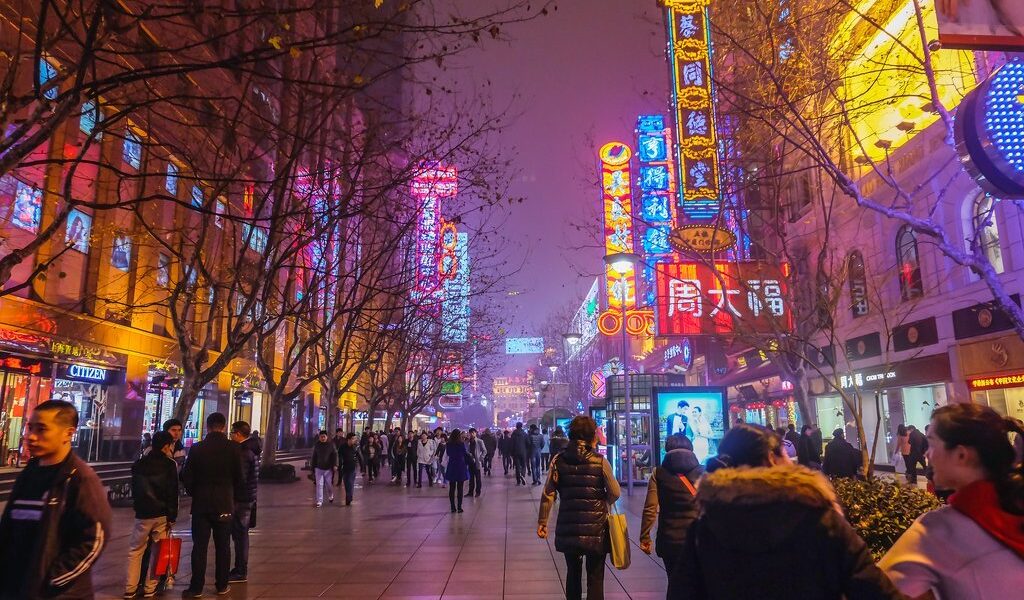
As the calendar year comes to a close, winter begins in China. As temperatures drop, so do the crowds and prices, making this the perfect season to take an extended trip to discover China’s treasures and ring in the western new year with a bang (or gong!)._x000D_
Winters in northern **China**, particularly in the vibrant capital city of **Beijing**, can be exceptionally harsh. These frigid conditions are due to cold fronts originating in **Siberia**, which sweep across the region, bringing with them temperatures that plummet below freezing. Coupled with these low temperatures are bone-chilling winds that can make even a short walk outdoors an unpleasant experience. While winters are generally characterized by dry conditions, the possibility of snowfall is always present, adding a touch of scenic beauty to the stark winter landscape. In contrast to the biting cold of northern China, the climate in **Guilin** and **Yangshuo** in southwest China is considerably milder. While it’s cool, the temperatures are not excessively cold, making it a more comfortable destination for those seeking to escape the harsh winter conditions further north.
The typhoon season, which primarily impacts coastal regions, typically concludes in December. Areas most frequently affected by typhoons include **Hong Kong**, **Macau**, and various cities situated along the southeast coast of mainland China, such as **Guangzhou** and **Shenzhen**. While typhoon activity is less prevalent during this time of year compared to the peak season from July to September, travelers can generally feel confident in planning trips along the coast, as the risk of encountering a typhoon is significantly reduced. This makes December a more appealing time to explore these dynamic coastal cities without the worry of potential disruptions caused by severe weather.
The winter season generally sees a decrease in crowds, primarily attributable to the colder temperatures that prevail across much of the country. Some regions may even experience snowfall, further deterring some travelers. This period also precedes the Lunar New Year, a significant holiday in China. As locals prepare for the extensive travel associated with the New Year celebrations in January or February – often referred to as the world’s largest annual human migration – travel volume is relatively light. However, while much of the country experiences a lull in tourism, **Hainan Island** in southern China enters its peak season. Its beautiful sandy beaches offer a sun-drenched and warm escape, attracting visitors seeking respite from the winter chill.
Despite the cold weather in some areas, a winter trip to hike the **Tiger Leaping Gorge** in **Yunnan** province in southwest China can be a truly memorable experience. The crisp air and stunning scenery create a unique atmosphere for outdoor adventure.
Waterfalls possess a unique allure at any time of the year, but the **Yellow River**’s **Hukou Falls** undergo a dramatic transformation in winter, turning into a mesmerizing frozen wonderland. The cascading water freezes into intricate ice formations, creating a spectacle unlike any other.
The renowned ice festival in **Harbin**, a charming northeastern city with a distinct Russian architectural influence, commences this month. Visitors can marvel at the elaborate ice sculptures and enjoy the festive atmosphere of this unique winter celebration.
After exploring the northern regions of China and braving the frigid temperatures, a trip to sunny **Sanya** offers a welcome change of pace. Visitors can relax and sunbathe on the beaches of Hainan Island, enjoying the warm sunshine and refreshing sea breezes.
Those seeking winter sports opportunities can take advantage of any snowfall and head to **Nanshan** for snowboarding or explore one of the many ski resorts in **Heilongjiang** province. These resorts offer a range of slopes suitable for skiers and snowboarders of all skill levels.
Ice skating is a popular winter pastime in Beijing, with several frozen lakes offering excellent skating conditions. Popular skating spots include the ‘**No Name Lake**’ at **Beijing University**, **Qianhai Lake**, and the lake in **Zhongshan Park**.
To escape the cold, visitors can indulge in a relaxing dip in the hot springs at one of the many hot spring resorts located on the outskirts of Beijing. Alternatively, they can warm up with a steamy hotpot meal accompanied by traditional Chinese tea.
A visit to a fortune teller in Hong Kong can provide insights into what the new year may hold. This is also a special time to visit temples and observe the faithful as they make offerings and pray for good health, wealth, and happiness in the future.
One of the most significant December events is the **Longhua Temple Bell Ringing Ceremony**. In **Shanghai**, lining up to strike the bell at **Longhua Temple** is a beloved New Year’s Eve tradition. The ringing of the massive bell is believed to bring good luck and usher in the new year. Lion and dragon dances add to the festive atmosphere on December 31.
Another spectacular event is the New Year’s Eve fireworks display in Hong Kong. This dazzling show is renowned as one of the most impressive in the world. Hundreds of vibrant fireworks light up the night sky above the iconic **Hong Kong Harbor**, creating a breathtaking spectacle.
The total word count is 824.
B-318

